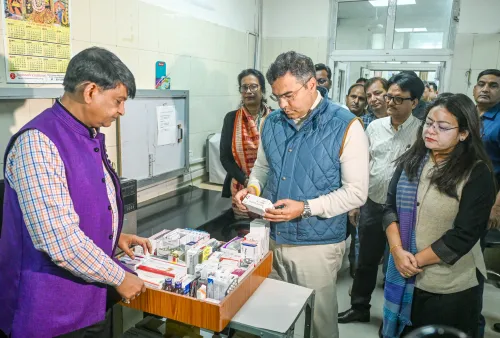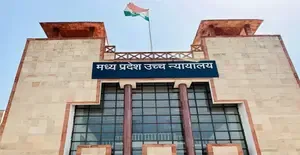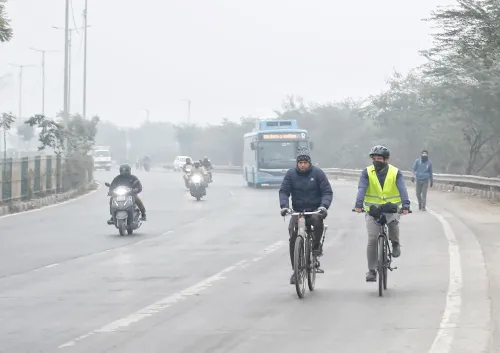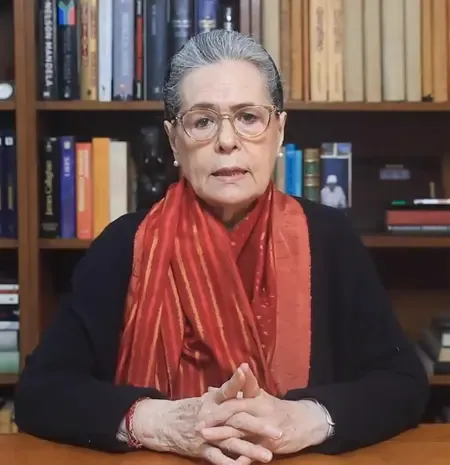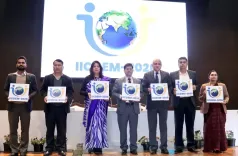Is India on the Brink of a Health-Tech Revolution?
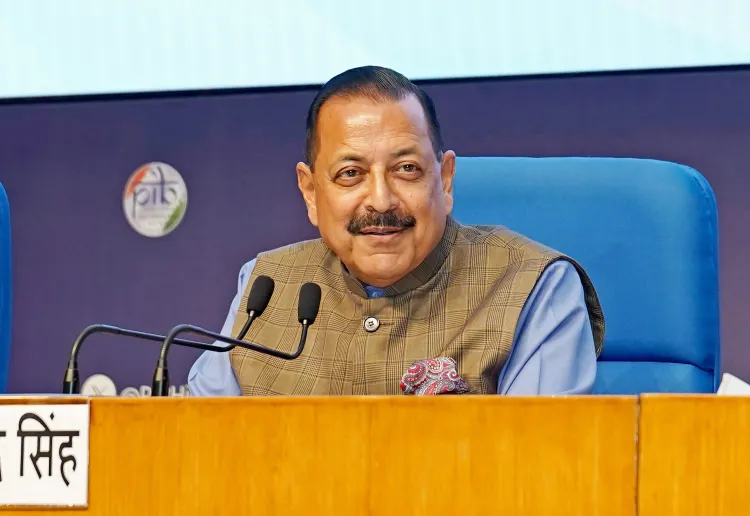
Synopsis
Key Takeaways
- India is experiencing a health-tech revolution.
- Advancements in technology are crucial for healthcare innovation.
- The dual disease burden requires immediate attention.
- Public-private partnerships are essential for success.
- Future medical education may expand into new fields like Space Medicine.
New Delhi, June 29 (NationPress) Union Minister of State (Independent Charge) for Science and Technology Jitendra Singh stated on Sunday that India is at a pivotal moment in the health-tech revolution, entering a transformative phase in healthcare and innovation.
During an event held prior to Doctors' Day, Singh emphasized how the nation’s rapid economic development and technological progress are paving the way for enhanced healthcare outcomes in India.
The Minister, who is also a distinguished doctor and diabetologist, remarked that India’s ascent from being the 10th largest economy to the 4th globally is merely the beginning, with continued growth on the horizon.
He highlighted the recent mission of Indian astronaut Shubhanshu Shukla to the International Space Station, where he carried indigenous life science kits, marking a significant achievement.
This mission could herald the emergence of a new medical discipline known as Space Medicine, with the potential introduction of a specialized training program for ‘Space Physicians’ in the near future.
Singh advocated for the creation of a “synergized, inclusive, and forward-looking healthcare ecosystem” aligned with the vision of ‘Viksit Bharat@2047’.
Discussing India's evolving demographics, Singh pointed out the existence of a “bi-phasic challenge”, where both elderly and youth populations are increasing.
He noted that more than 70% of the populace is under 40, while the average lifespan has surged from around 50 years in 1947 to nearly 80 today.
The Minister also addressed India’s dual disease burden, with both communicable and non-communicable diseases affecting the population, particularly in the post-Covid landscape.
He underscored the necessity for mass screenings, early detection, and robust public-private collaborations to enhance healthcare.
Furthermore, he encouraged the adoption of cutting-edge technologies like Artificial Intelligence, telemedicine, and machine learning.
Singh remarked that India has positioned itself as a global leader in preventive and precision healthcare.
He cited the development of the world’s first DNA vaccine for Covid-19, an HPV vaccine to combat cervical cancer, and the recent initiation of its first gene therapy trial for haemophilia.
Additionally, he announced the launch of Nafithromycin, India’s first domestically developed antibiotic molecule, marking a significant milestone in the country’s pharmaceutical innovation.
Singh attributed these achievements to early collaborations with the private sector, emphasizing that such partnerships are crucial for success.


